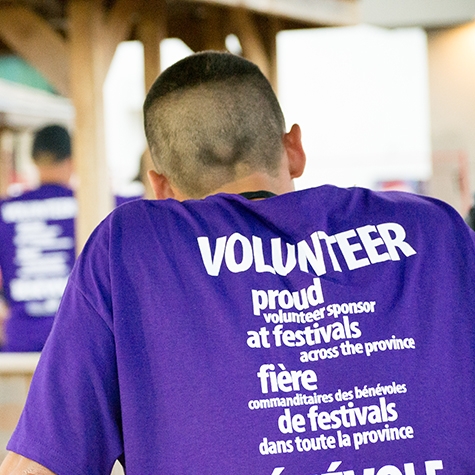
It’s no secret that our time is precious and always has been. Previous generations would speak of our collective time on this earth, and that time was precious because of their lower life expectancy.
But time is now a commodity, and we measure it in hours and minutes as opposed to years. Heck, the multitude of tech companies today even measure it in seconds and microseconds, fighting for every last moment of time—and they translate it into hard currency.
In the name of producing a better quality of life, we have made time management our ultimate priority. We scrutinize our time usage constantly, from balancing working hours with daycare costs to calculating whether it’s worth hiring others to do tasks we could otherwise complete ourselves.
We plot, strategize, and value our time at a level not seen before.
This heightened valuation of time has many positive impacts. It could, in fact, be argued that previous generations missed opportunities by failing to calculate the costs of their time.
Yet like so many things, there are also unintended consequences to our obsession.
One consequence is that valuation is simply a measure of investment and return. In other words, what do I get from what I put in? Through this focus, we naturally move to think of the direct benefits of how we spend our time, the rewards to us as individuals. Yet by looking at time this way, we can miss the collective benefits.
Many of our systems and organizations have been built around a volunteer model. Volunteer hours are often a fundamental component that allow them to function. From condo boards to church committees, sports to summer fairs, many organizations and events can only operate because the labour comes at low cost, or even no cost.
For example, when you sit on a condo board your time is seldom rewarded relative to your contribution. As a member of the collective group of owners, you receive your portion of the reward, but the pure mathematical perspective would call this a losing endeavour. Ask any condo board member and they will surely agree. And if you can’t find a board member, don’t be surprised. Condo corporations continually struggle to fill board positions for this reason.
By introducing a payment system, some organizations have modified their model to combat the overall decline in volunteerism. This way, you can essentially buy your way out of giving your time, and those funds can be used to pay for staffing. Concession stands at sports venue now have paid attendants, for example, and it can work well.
But this option may not be feasible, or even palatable, in all cases.
Our own Niverville Olde Tyme Country Fair continues to struggle to fill the volunteer positions required to keep itself running. Without the efforts of the hundreds of people willing to step up and assist, an event of this size simply cannot be pulled off—or at minimum, it cannot be pulled off effectively or to the level we have come to expect.
Let’s be real: for those who volunteer at the fair, the individual reward is seldom a great payback for the effort invested. In fact, some of the tasks a volunteer has to do may actually keep them from enjoying some aspects of the fair.
So does the fair’s volunteer model need to change, giving people the ability to buy their way out of having to assist? While this may work for sports venue concessions, which is an ongoing proposition, hiring staff for a single fair weekend may not be practical. Not to mention, fairgoers tend to push back whenever ticket prices go up.
The rising cost of attending organized sports events has meant that households on tight budgets simply can’t get involved. There would be people in our community who get left out if that route were taken.
Ultimately, the solution must come in the form of a paradigm shift. In concept, most of us realize that when other people volunteer, we all benefit. In other words, we are rewarded for that which we do not earn.
Are we able to see the inverse of this equation? We must therefore earn our reward through a similar volunteer effort. Some people do, such as the parents with grown children who continue to volunteer at school functions even though those events no longer directly benefit their own families. Or consider the expats of our community who come back to help with the fair solely out of a sense of pride and nostalgia.
Volunteer service is the rent we pay for the privilege of living on this earth… or in this community. I thank, and we all should thank, the volunteers who step up in all facets of our lives. And true and meaningful gratitude may be best expressed through following their example.




















